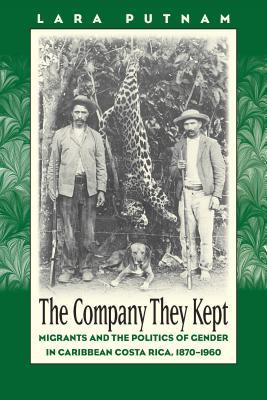
Tracing the changing contours of gender, kinship, and community in Costa Rica's plantation region, Lara Putnam explores new questions about the work of caring for children and men and how it fit into the export economy, the role of kinship as well as cash in structuring labor, the social networks that shaped migrants' lives, and the impact of ideas about race and sex on the exercise of power. Based on sources that range from handwritten autobiographies to judicial transcripts and addressing topics from intimacy between prostitutes to insults between neighbors, the book illuminates the connections between political economy, popular culture, and everyday life.
Tracing the changing contours of gender, kinship, and community in Costa Rica's plantation region, Lara Putnam explores new questions about the work of caring for children and men and how it fit into the export economy, the role of kinship as well as cash in structuring labor, the social networks that shaped migrants' lives, and the impact of ideas about race and sex on the exercise of power. Based on sources that range from handwritten autobiographies to judicial transcripts and addressing topics from intimacy between prostitutes to insults between neighbors, the book illuminates the connections between political economy, popular culture, and everyday life.
Paperback
$42.50